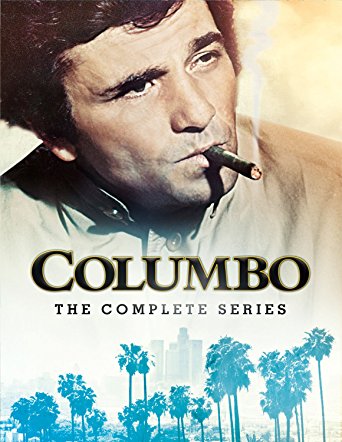 |
 |
|
 |
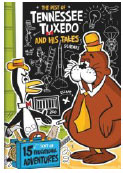 |
 |
|
 by Billy Ingram |
 |
 |
|
 |
 |
 |
|
 by Billy Ingram |
|
Amazon Prime - unlimited streaming PR4 & PR5 Pages for Advertising
|
Jack Paar One of the most memorable (and abrupt) goodbyes of all time was Jack Paar's on-air resignation as the host of NBC's Tonight Show On February 11, 1960 - just minutes into the live broadcast, Paar announced he was quitting right then and there - leaving a stunned and unprepared announcer Hugh Downs with the task of finishing the ninety-minute program. Paar, seething over a censored punchline from the previous night's broadcast, stayed away for a month before ultimately returning. He exited again two years later on March 29, 1962 - this time for good. When Paar left the highly successful 'Tonight Show', he suggested daytime game show host Johnny Carson as his replacement. It was rumored that Jack Paar thought Carson would surely fail and the network would come crawling. Instead, NBC offered him a prime time spot, Friday nights at ten. The Jack Paar Program (1962-1965) was a noble experiment - an attempt to meld Paar's folksy talk-show style with a prime-time variety show. Paar was effectively retired from television after the 'Jack Paar Program' was cancelled. Leave it to Paar to choose a sentimental (and overplayed) moment to mark his final episode as he spoke to the home audience from the empty studio, with just his dog by his side. Jack Paar returned only briefly (on ABC) to compete directly with Johnny Carson in 1973. Paar's late night show was overall a good one - but Carson fought to keep big-name guests appearing exclusively on 'The Tonight Show'. Besides, Jack Paar's folksy style was considered seriously old-fashioned by the Seventies. Carson was now the undisputed king of late night TV.
Chet Huntley When you have a trusted newsman anchoring your Nightly News, it can be devastating when he retires. CBS's Walter Cronkite was the most trusted man in the nation according to opinion polls of the Sixties and Seventies - but NBC's Huntley - Brinkley Report was the top-rated newscast.
When Chet
Huntley retired in 1970, a trusted voice in broadcasting was seldom
heard again - and never again would the nation hear that duo's famous
signature: David Brinkley anchored the re-titled 'NBC Nightly News' for only another year before being replaced by John Chancellor. The 'CBS Evening News' quickly became the top-rated newscast for the next two decades and Brinkley moved to ABC where he started his phenomenally successful Sunday morning talk show 'This Week with David Brinkley' that continues today without him. Brinkley retired in 1997.
Richard Nixon With television's unblinking eye on one of the biggest scam artists ever to hold the 'esteemed' office of President of the United States, our nation was treated daily to the slow disintegration of a world leader on television. The Watergate hearings starring Sam Ervin (live from the halls of the Senate) were broadcast daily on all three networks for several months before they decided to rotate the coverage. This meant missed soap operas and game shows for 70's housewives (a time when there was such a thing). They were treated to a closer look at how our government works than any previous generation had. When Nixon gave his final goodbye wave from Air Force One, naturally it was live from coast to coast. What would have rocked the nation to the core a few years earlier was just another final episode of a long-running television series. A TV Hello: The first episode of the Today Show was broadcast on January 14, 1952. The first host was Dave Garraway, a year later he was joined in the studio by a chimpanzee named J. Fred Muggs and eventually by newsman Frank Blair. The first show was seen on only 26 stations, reviews were mixed. "Do yourself a favor, NBC. Roll over and go back to sleep." was one critic's rude quip Muggs lasted four years, Blair twenty-two and the 'Today Show' goes on forever.
Another program that equals
the last episode of "Newhart" was the last episode of St. Elsewhere, where
we find that the entire series was in the imagination of Ed Flanders'
autistic child.
-Collin Freeman "One that you might consider adding was Johnny Carson's exit from his weekly evening show (which was one of our favorites.) He introduced two naval officers who were involved with "mothballing" old ships and other war equipment. He explained that he was being mothballed, and the two officers then placed him in a large plastic bag, picked him up in a horizontal position, and marched him toward the rear of a bare stage as the orchestra played a slow march version of his "Pick Yourself Up" theme song. His last words from the plastic bag were, "See you on daytime TV." As they neared the rear wall of the stage, they faded slowly to black. - Ted Lassagne |

Sending off a popular series with a final, climactic episode
was a rare thing in the early days of television, most series were already
out of production when the cancellation notices came. 'The Fugitive' changed
all of that in 1967 with the phenomenal ratings success of the last episode
where Kimball finally confronts the one-armed man and kills him - becoming
the most watched program of all time, a record that would hold for years.
'M*A*S*H', 'The Mary Tyler Moore Show' and a host of other
Seventies' favorites tied up loose ends on their final broadcasts, but
the practice fell out of favor when producers realized that (with syndication)
there is no such thing as a 'final episode'.
Newhart
One of very few series of the Eighties that decided (and
had the opportunity) to do a final
episode. The writers cleverly had Bob ('Dick Loudon') wake up
in bed with his former series wife 'Emily Hartley' (Suzanne Pleshette).
Since then, a number of long-running series have had a gimmick-y final
episodes, but none delivered the punch that this one did, shattering the
fifth wall of reality - that two different television characters could
possibly be the same person.
Dallas
The biggest hit show of the Eighties debuted in the Seventies
and somehow managed to limp into the Nineties.
Over the years, J.R.'s sister-in-law Kristin (Mary Crosby)
was found floating dead in the family swimming pool, JR and family get
trapped in a burning house, Bobby gets shot, then killed in a hit-and-run
accident, then comes back from the dead, Pam was disfigured in a fiery
crash, left town, then returns the next year (played by a new actress)
with terminal cancer, and JR ends up in a nuthouse. The last year that
'Dallas' was on the air, CBS lost $33 million because of annually escalating
liscencing fees - and yearly falling ratings.
For the very last episode
in 1991, producers put on a two-hour special that garnered top-ten ratings
just like the good old days. For the climax, JR puts a gun to his head
and pulls the trigger. I didn't bother to watch the reunion show to see
what happened, but I assume he missed.
When Pinky Lee said goodbye to his Saturday Morning audience on The Gumby Show in 1957, he didn't know it was for the very last time as the host of a network show. His collapse live in front of millions of kids two years earlier effectively killed his career. He gave his all for the kids - and for the sponsors too, judging from this clip.
Howdy Doody debuted in 1947, and remained popular until 1960 - by that time Disney's 'Mickey Mouse Club' had stolen most of the funny-looking puppet's viewers. More than any other event, 'Howdy Doody' was responsible for the initial success of television. Kids would gather at any home with a TV set to watch 'Howdy Doody' each day in the early fifties - this 'forced' parents to buy their own set (then very expensive) just to keep up with their neighbors. Joining Buffalo Bob and the Peanut Gallery in 'Doodyville'
was Clarabell the Clown - Howdy's
rambunctous sidekick that never On the very last moment of the very last show in 1960, a drum roll and - Clarabell finally speaks, choking back the tears with his message to the kids.
Look for more goodbyes in the future. Goodbye. |
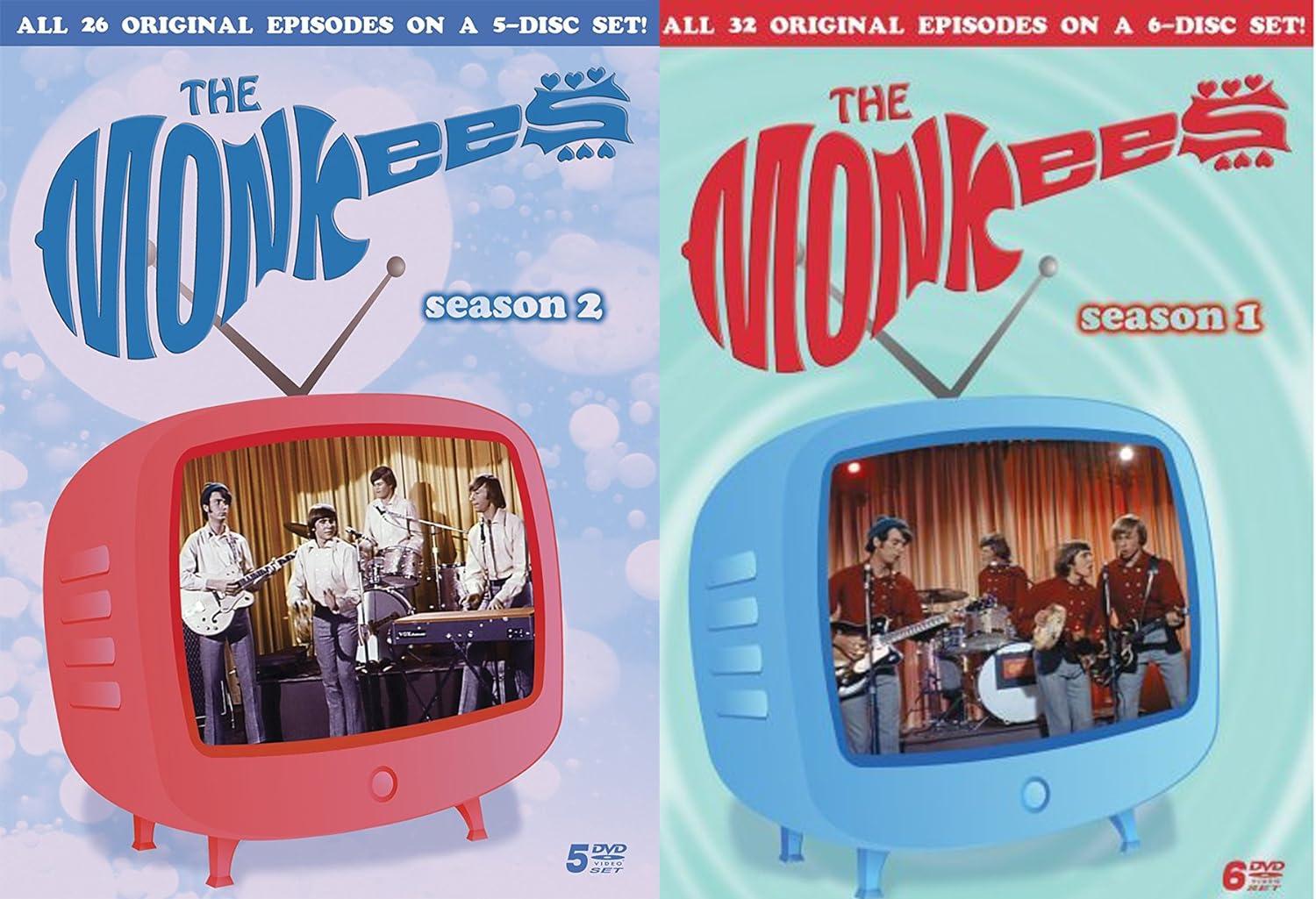 |
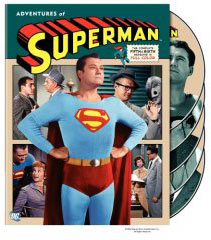 |
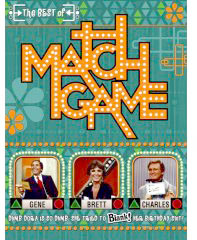 |
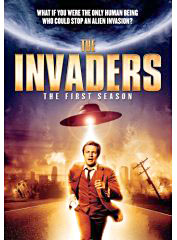 |
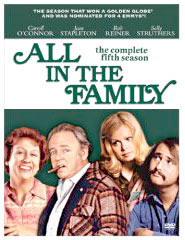 |
 |
 |
|
||||||||||||||
Save money! |